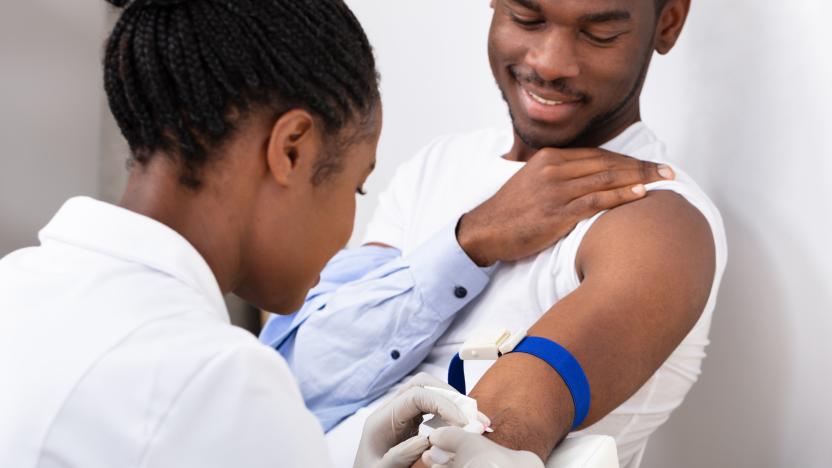In the past two articles, you have learned how advantageous exercise can be for immunity and the latest recommendations for how much physical activity is necessary to realize the optimum benefits of exercise. At this point, I hope that you are sold on the idea that you need to incorporate regular exercise into your lifestyle. If you are struggling with how and where to start, then this article is for you!
Everyone needs to start somewhere, even if it is from a place of no exercise at all. In fact, getting little to no exercise at all is not an uncommon situation. If this describes you, please do not be discouraged.
After watching people start and stop, succeed and fail, in their exercise plans (as well as other lifestyle changes), I have come to a settled opinion regarding the initial phase of starting to make changes. My belief is this: in order to maximize the likelihood that someone keeps a commitment to change the way they live, they must first change how they manage their time. I believe that if you do not succeed in setting aside a period of time during which you always do your exercise, something else will easily, without thought or effort, use up that time. You will inevitably find yourself at the end of the day, week, or month having had no time/opportunity to fulfill your exercise goals. Then you may feel like a failure or give up hope.
Don’t Give Up!
Instead, make it a point to establish a habit to spend 5-10 minutes, once or twice every day, focusing on physical activity. By doing it every day, you will within several weeks have established a new habit; a strong new habit of dedicated time for physical activity.
Two major advantages are built into this approach. One is that the new habit is formed as quickly as possible, with as little effort as possible, and without excessive disruption of your current way of life. The second advantage is that it also maximizes the benefit you realize because you’re doing something every day. And THAT is important for making you stick with the program.
This strategy creates a space in time (5-10 minutes 1-2 times a day) for physical activity that is easily obtainable and allows each person to pick whatever type of exercise they want. Being consistent with the time commitment is the key. Unless, and until, people have a consistent amount of time with which to exercise, not even an expert trainer and the perfect plan will amount to anything.
You may be thinking, “How will 10 or 20 minutes transform my life?!” Well, it may not initially. But it will if you then extend those 5-10 minute sessions to 30-60 minute sessions over time. I tell people to start with 5-10 minute commitments because it’s easier to achieve, and they can form a habit of daily exercise. After having success with the time commitment, they usually are set for an activity commitment.
Call to Action
Next time, I’ll talk with you more about various activities. Until then…carve out some time each day and start forming your exercise habit.




